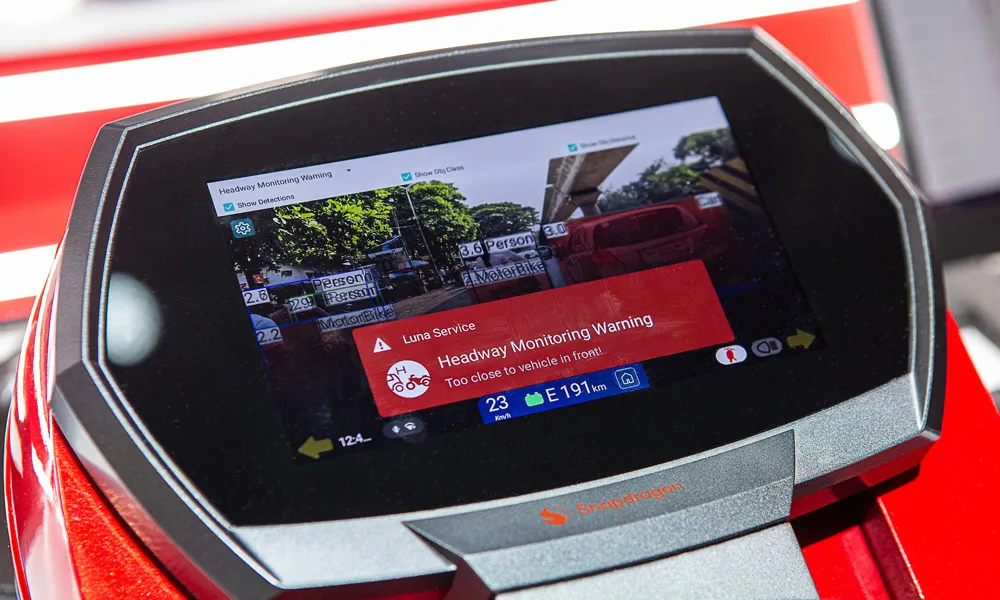
Two important safety innovations will be among a range of products and systems on the
Another product that addresses a serious safety issue is the Vantage Vector which Iteris says is the first video/radar hybrid sensor that can provide detailed dilemma zone detection. The company says this unique product offers both stop bar and advanced-zone detection with a single sensor, and enables advanced safety and adaptive control applications.
At Intertraffic Amsterdam Iteris will also highlight its heavy involvement in all aspects of the global connected vehicles initiative using its expertise in multimodal planning, design, and systems engineering. As a founding member of the University of Michigan Mcity Leadership Circle, Iteris says it will continue to invest in analysing how connected vehicles and infrastructure will enhance transportation networks of the future. To that end, the company points out it is entrusted by public and private entities to provide comprehensive traffic management centre solutions which combine key connected vehicle design concepts, multimodal travel options, real-time traveller information, communications, security, and the equipment that detects, collects, and distributes this data.










